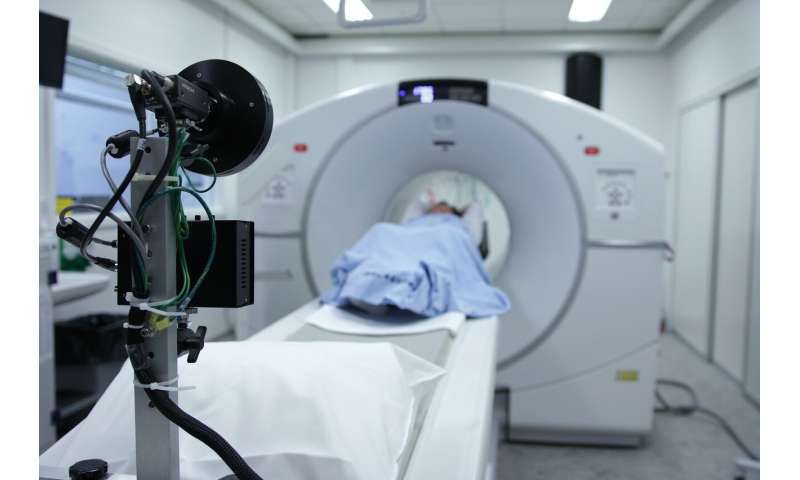
Apolipoprotein E (ApoE) is kind of like a delivery service for the human brain. It supplies neurons with important nutrients, including with polyunsaturated fatty acids—which are building blocks of the membranes surrounding the neurons. In addition, certain unsaturated fatty acids are converted into so-called endocannabinoids. These are endogenous signaling molecules that regulate many functions of the nervous system such as memory, but also the control of immune response, thereby protecting the brain from inflammation.
The ApoE cargo reaches the neurons via a membrane receptor called sortilin. In a process known as endocytosis, sortilin binds ApoE and transports it into…


























